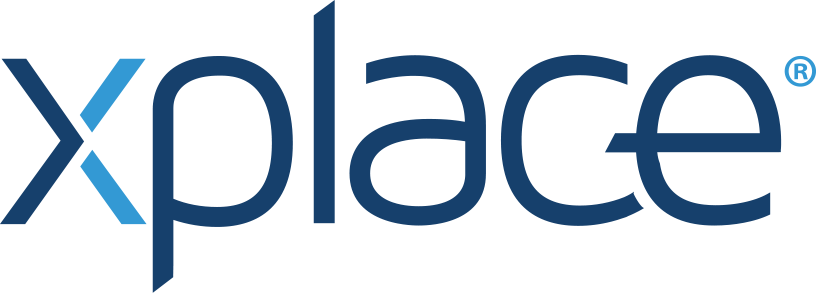Does your search get too many results? Too many answers? It might be an excellent time to seek out a professional information specialist.
Does your search get too many results? Too many answers? It might be an excellent time to seek out a professional information specialist.
Most of us use Google as a gateway to find information for our different needs. It could be for commercial, academic, R&D, health, or personal purposes. In the last years we have been taking the wealth of results we find on Google for granted and assume we all have the same search results; Let's say you search Google News to find information on a particular event, you will see the same results the rest of us see; right?
Even though Google regularly updates its algorithm, the results still mostly depend on the platform used (mobile or PC), type of browser, location, language settings, etc., depending on your preferences.
In plain words, there is no longer "one" Google.
In a study conducted by Pew Research Center, 70% of participants reported that they felt overwhelmed by the amount of news and information available today. As a result of the full-page indexing of search engines and the lack of metadata, searching with the same search terms will return much more irrelevant results than searching an aggregator. When we find the item that seems relevant, how can it be determined that the information we find is valuable?
To ascertain the value and the best results, we need to evaluate its quality and accuracy. How can we be sure that what was published is correct? Can we just blindly go with any information we discover? Is every result correct? Data accuracy is one of the essential facets of data quality and cannot be overlooked. It refers to whether the data collected, is indeed accurate. Any information you share needs to be accurate, otherwise, your credibility will be put in question.
Valuable and established information can reduce costs as you save money that otherwise could be spent on ineffective decisions, strategies, and tactics. It can improve customer (or any other recipient) satisfaction as accurate data is appreciated. You can save time – if you do not need to spend time fixing your mistakes.
One of the most significant worst-case scenarios is that mistakes can ruin your reputation.
The fact is that data is everywhere. For example, mobile devices, social media sites, CRM systems, GPS location data, market research tools, academic sources, statistics, and the list go on. The pool of data sources grows and will continue to do so in the future. With all this in mind, accuracy must be a priority. We constantly deal with multiple sources of data in various formats: numbers, formulas, or text.
Data accuracy is a fundamental building block for any purpose we may use it. Although a robust, persistent, and executive-backed data governance culture is needed, providing reliable and timely data for analyses entails a cost:
Dedicated resources across the organization will be required to ensure data accuracy.
In a report @Statista.Inc published recently, even though 60% of the users are wary of the information's authenticity, 20% believe the results entirely, and 20% take it for granted.Verifying the accuracy of the information is the next step. An experienced information expert can determine the value of the information and present it to you to immediately use it for your purposes.








 פרסום פרויקט
פרסום פרויקט


 התחבר עם פייסבוק
התחבר עם פייסבוק
 התחבר עם LinkedIn
התחבר עם LinkedIn